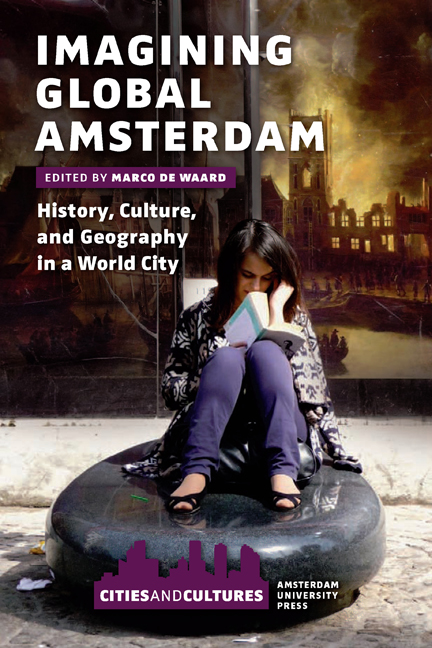16 - Global Eros in Amsterdam: Religion, Sex, Politics
Published online by Cambridge University Press: 19 January 2021
Summary
Prelude
How should we think about religion in the city? For a long time, we (scholars, moderns, cosmopolitans) simply did not. The city was heterodox, industrial, liberating, avant-garde, sexy, and sexual. Religion was conservative, dogmatic, moralistic, boring, unsexy, and anti-sex. Religion was all the things the city was not. The more modern the city became, the more religion appeared left behind, in the country of bygone times. To become episodic and decorative. A cathedral, as on a postcard, to admire and then pass by, as you might a pretty woman on the street. Or religion appeared irrelevant, something simply to walk around, as around an unwashed indigent. The city was the future and religion was past.
Then religion returned. There were many signs of its imminent rise, but at the time they seemed incidental and unrelated: the public religiosity of the American president Jimmy Carter, Democrat though he was; the Islamic revolution in Iran; an upsurge of South-Korean Evangelical missionaries and West-African Pentecostals; restive Hindu and Sikh nationalists, orthodox Zionists, political Islam and a wave of Catholic democracy movements, along with rising Buddhist suicide attacks in Sri Lanka and the Falun Gong's swelling public visibility. But still we did not see these as more than a collection of eruptions here and there, not central to anything much except themselves and the world of religion. It would take the spectacle of 9/11, George W. Bush's Christian-infused global militarism, and mounting West-European distress about Muslim immigrants for all this to coalesce into something that we would analyze as a social force, a political event, a global process of our time. And then, suddenly as it were, religion seemed to be everywhere.
Urban theory has yet to catch up. Though geographers, anthropologists, and historians have been developing highly interesting work on urban religion, the significance of religion to the material and cultural formations, aesthetics, and politics of cities remains underexposed. Introductory overviews of thinking about the city such as LeGates and Stout's City Reader (2011), Simon Parker's Urban Theory and the Urban Experience: Encountering the City (2004), or Bridge and Watson's The Blackwell City Reader (2010) are unselfconsciously silent on religion.
- Type
- Chapter
- Information
- Imagining Global AmsterdamHistory, Culture, and Geography in a World City, pp. 289 - 304Publisher: Amsterdam University PressPrint publication year: 2012



